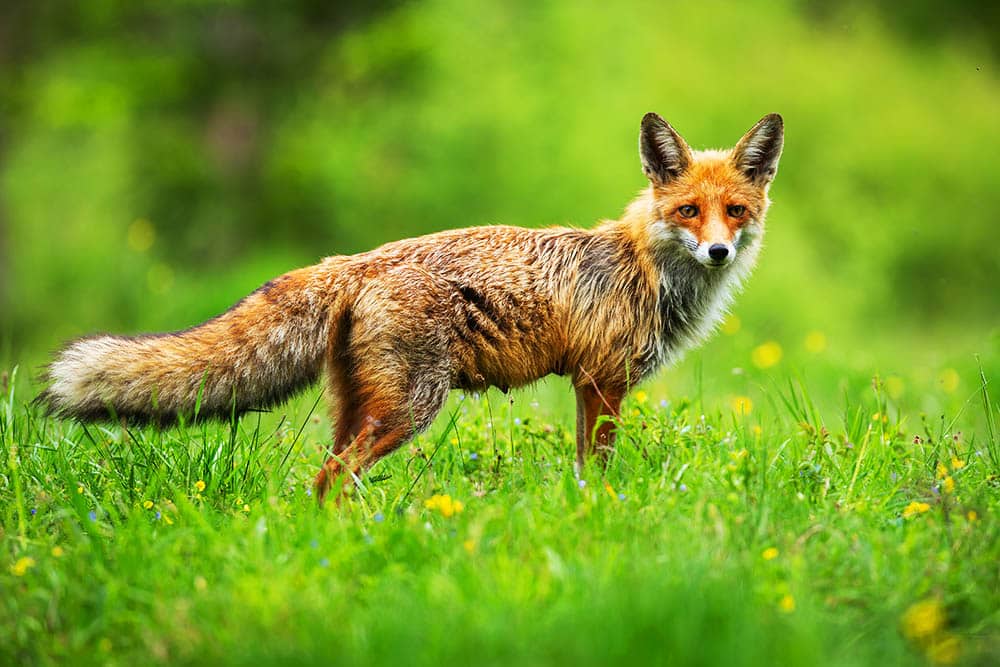In today’s world, the looming threat of species extinction has become a cause for concern. The alarming rate at which species are disappearing poses a significant threat to our ecosystems and ultimately, to the survival of our own species. It is imperative that we act now to save these endangered creatures before it’s too late. This article delves into the devastating impact of species extinction, provides important information and analysis on the subject, and offers useful tips and advice on how we can play our part in conserving biodiversity.
The Magnitude of the Crisis
Species extinction is not a new issue. However, the current rate of extinction far surpasses anything the planet has experienced in millions of years. Scientists warn that we are currently witnessing the sixth mass extinction event in Earth’s history, caused primarily by human activities such as habitat destruction, pollution, climate change, and poaching.
According to recent estimates, the current rate of extinction is between 100 and 1,000 times higher than the natural background rate. This means that species are disappearing at an alarming pace, and the consequences for our planet are dire. The loss of one species can trigger a cascade effect throughout the entire ecosystem, disrupting the delicate balance of nature and threatening the survival of other species, including humans.
The Devastating Impact on Ecosystems
Ecosystems are intricate webs of interconnected species, each with its own role and function. When a species goes extinct, the repercussions ripple throughout the ecosystem and can have devastating consequences. For example, the extinction of pollinators like bees and butterflies would directly impact the pollination of plants, leading to a decline in food production and loss of biodiversity.
Moreover, certain species play crucial roles in keeping ecosystems in balance. Predators regulate populations of prey species, preventing them from overwhelming their resources and causing ecosystem collapse. A prime example is the decline of the wolf population in some regions, leading to an overpopulation of herbivores and consequent habitat degradation.
The Economic Implications
The loss of biodiversity not only affects ecosystems but also has profound economic implications. Ecosystem services, such as water purification, pollination, and nutrient cycling, have an estimated global value of trillions of dollars each year. When species go extinct or ecosystems become degraded, these services are compromised, leading to increased costs for humanity.
For instance, the loss of forests, which act as carbon sinks, exacerbates climate change and contributes to the rising costs of mitigating its effects. Similarly, the decline of pollinators threatens agriculture, a sector that heavily relies on the service they provide. The economic consequences of species extinction are not confined to specific industries but have far-reaching impacts on global economies.
Taking Action: Conservation and Awareness
The urgency of species extinction necessitates immediate action. Conservation efforts play a vital role in protecting endangered species and preventing further extinctions. Creating and managing protected areas, implementing sustainable land-use practices, and promoting habitat restoration are some of the key strategies for safeguarding biodiversity.
Furthermore, raising awareness about the importance of biodiversity conservation is crucial. Educating the public, policymakers, and young generations about the interconnectedness of ecosystems and the value of every species can inspire collective action. Supporting organizations working towards conservation, volunteering for local environmental initiatives, and advocating for stronger environmental policies are powerful ways to contribute as individuals.
Personal Lifestyle Choices
While conservation efforts and policy changes are necessary, individual actions also have an impact. Making conscious choices in our everyday lives can contribute to biodiversity conservation. Here are a few simple but impactful steps you can take:
1. Reduce your carbon footprint by adopting sustainable transportation options, minimizing energy consumption, and supporting renewable energy sources.
2. Choose sustainably sourced and ethically produced products, reducing the demand for goods that contribute to habitat destruction or species exploitation.
3. Support local and organic farming practices that prioritize biodiversity conservation and avoid the use of harmful pesticides.
4. Minimize waste and practice responsible recycling to reduce pollution and habitat degradation caused by landfill sites and plastic waste.
5. Engage in responsible tourism by supporting eco-friendly accommodations, respecting wildlife and their habitats, and choosing nature-friendly activities.
Summary
The devastating impact of species extinction cannot be overstated. It threatens the very foundation of our ecosystems, poses economic risks, and undermines the balance of life on Earth. Urgent action is needed at all levels, from global policy changes to individual lifestyle choices. Through conservation efforts, raising awareness, and making sustainable choices, we can take steps to halt the decline of biodiversity and safeguard our planet’s future for generations to come. It is time to act now, or else face irreversible consequences that will be felt forever.
- Act Now or Lose Forever: The Devastating Impact of Species Extinction - 21 de junio de 2023
- Act now or watch them disappear: The urgent need for endangered species conservation - 21 de junio de 2023
- A Decadent Symphony for Your Taste Buds: Gastronomic Revolution Unleashed! - 18 de junio de 2023
